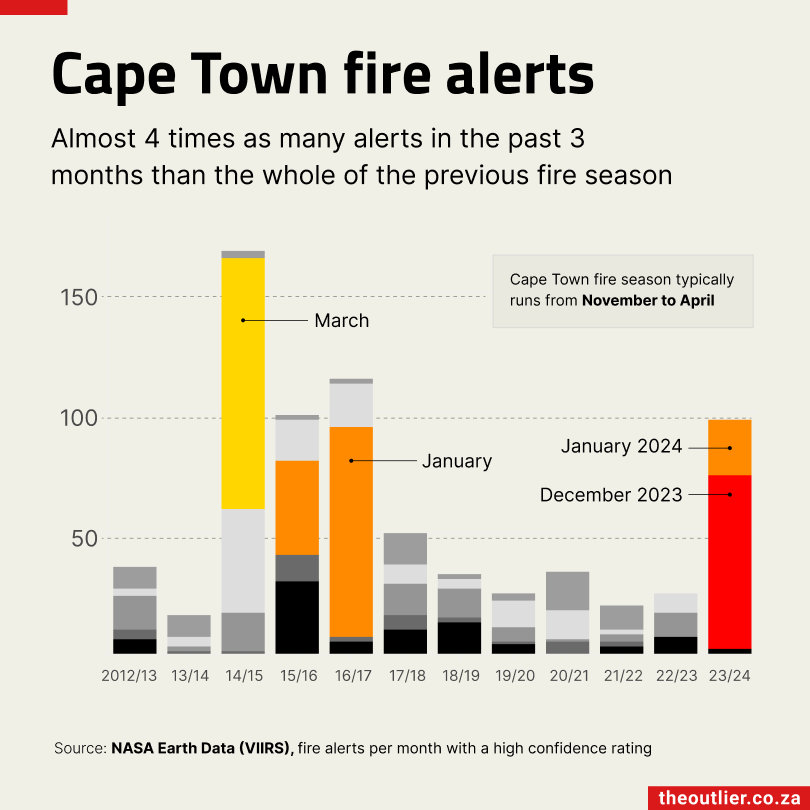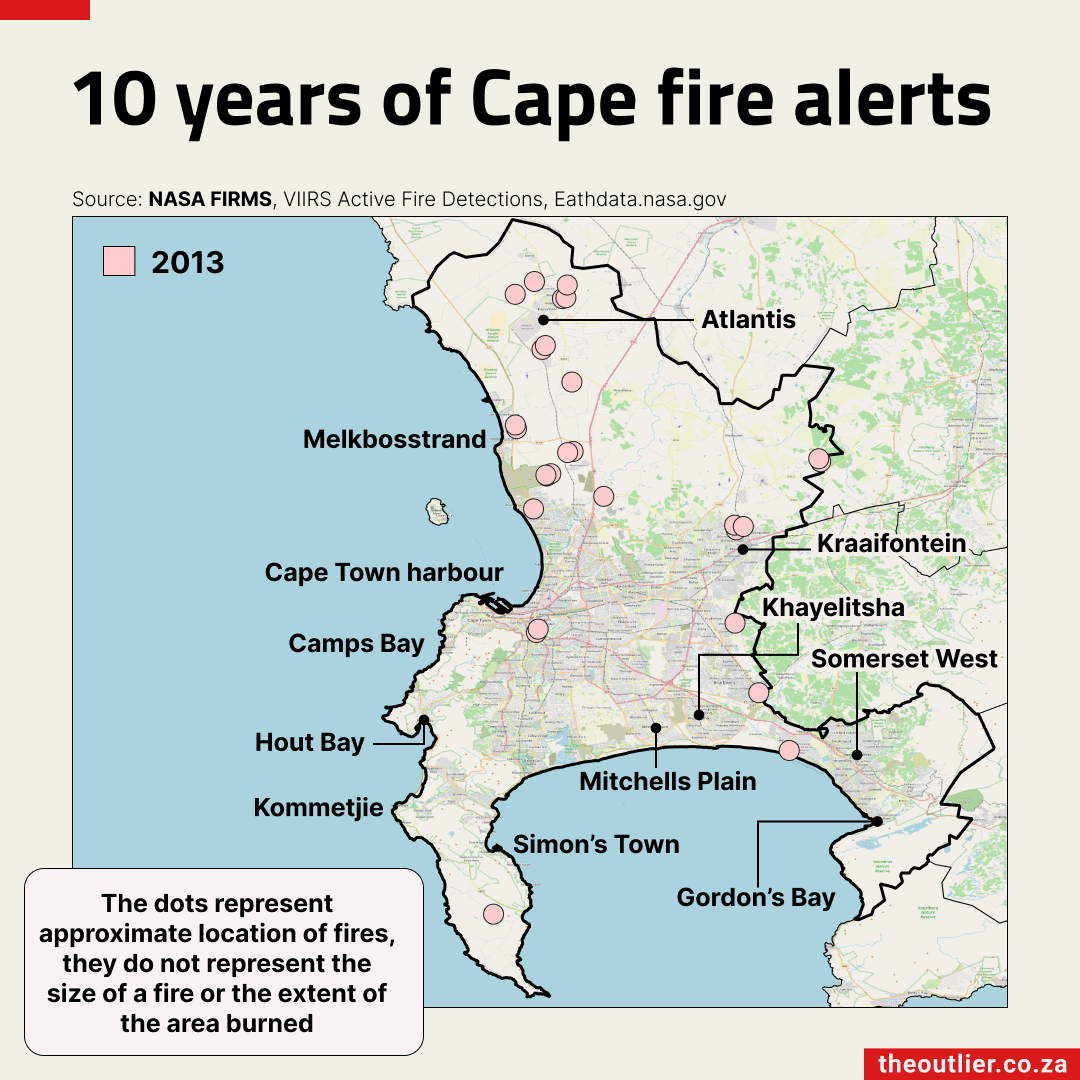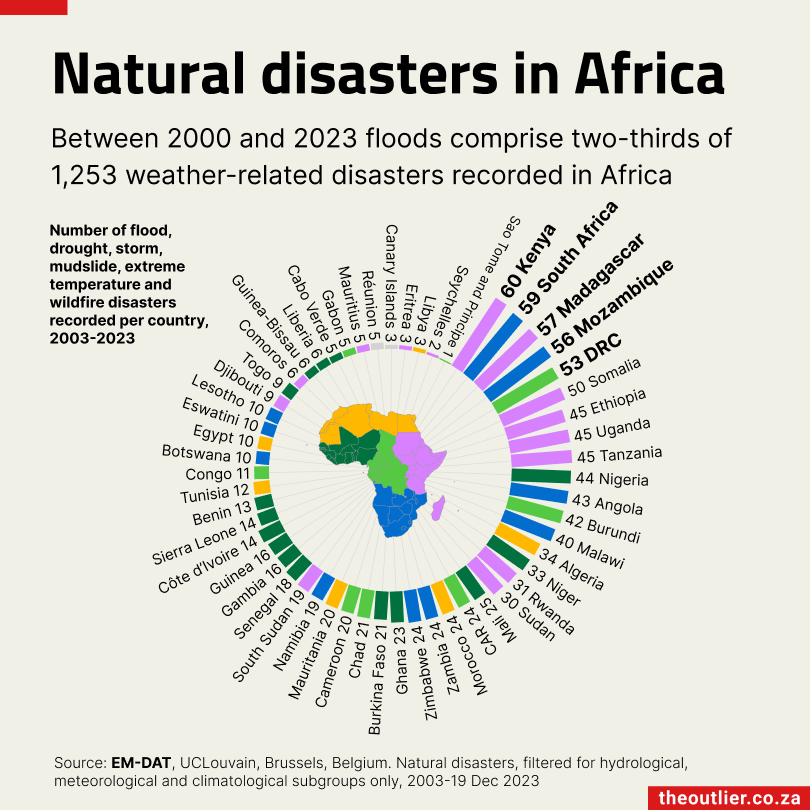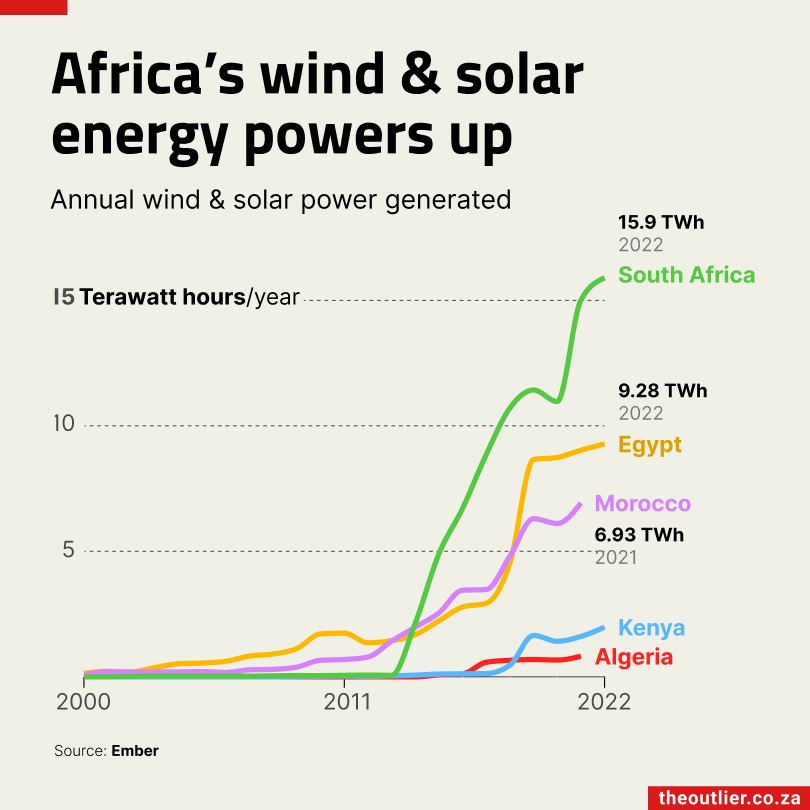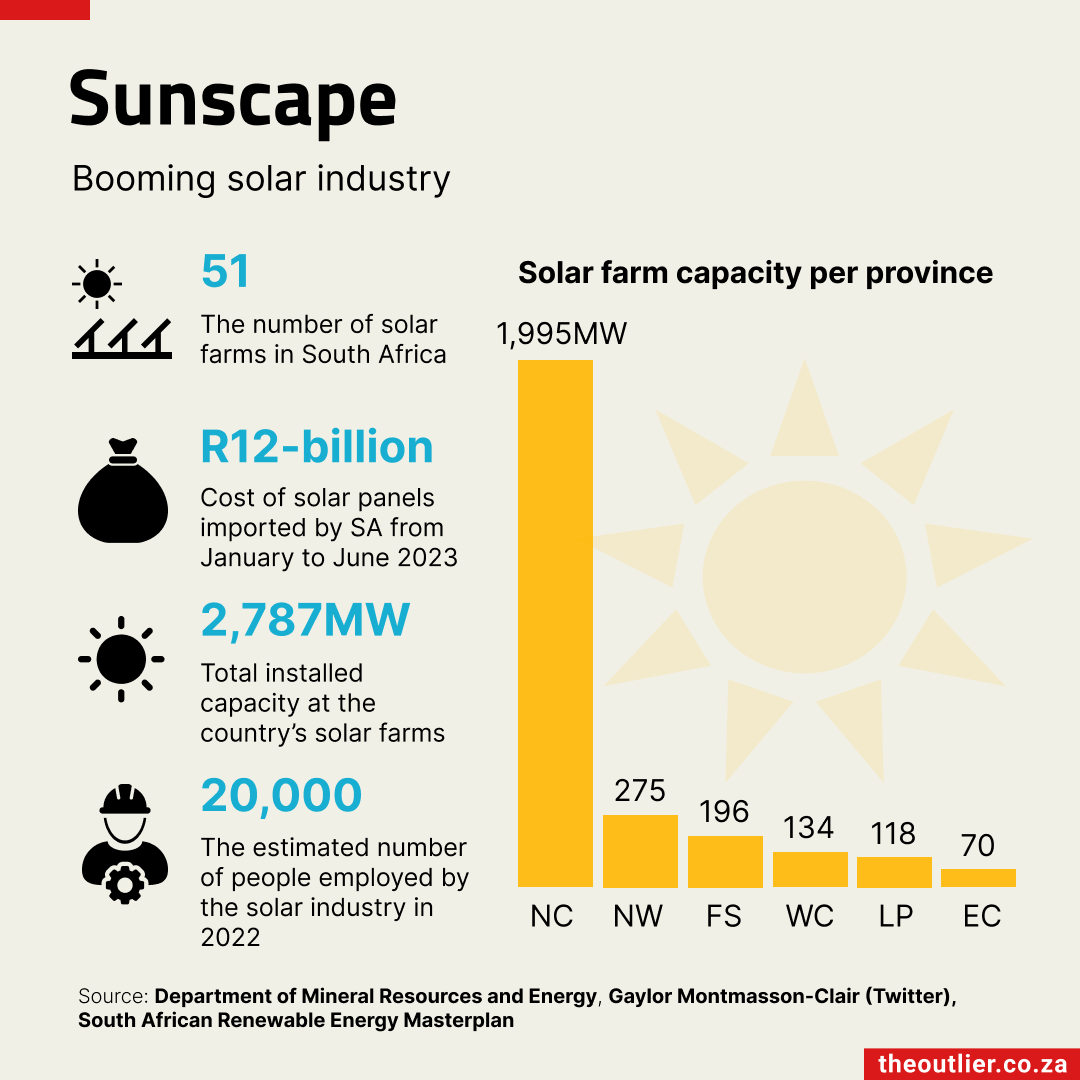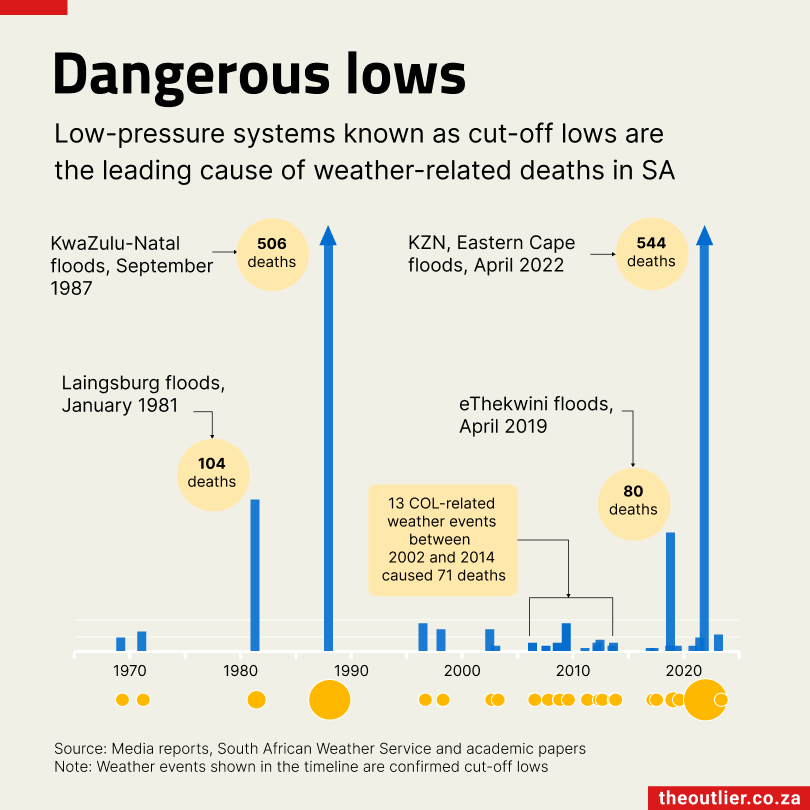Electric vehicle sales slowly rising in SA
In 16 years electric vehicle sales are expected to exceed the sales of petrol and diesel-powered cars.
Image: DALL·E/OpenAI
- 205 electric vehicles were sold in the first six months of 2022. This is 137 more than the 68 sold in the whole of 2017.
- Most of the electric vehicles available in South Africa are from high-end brands and they typically cost over R1-million.
- Most South African car owners spend R200,000 to R300,000 on a car.
- 303,961 new cars were sold in 2021 in South Africa according to Naamsa.
- There are around 250 charging points across South Africa.
- Depending on the charger, electric vehicles can take 72 minutes to several hours to recharge.
- Electric vehicle sales are projected to surpass internal combustion engines by 2038 globally.
More than 200 electric vehicles (EVs) were sold in the first six months of 2022. This almost matches the number sold in the whole of 2021 and is more than double the number sold in 2017, five years ago.

120,000 EVs were sold worldwide in 2012 and by 2021 this number had jumped to 6.6-million, according to the Global Electric Vehicle Outlook Report 2022.
Last year around 16.5 million electric cars were on the roads around the world.
One reason for the slow uptake of EVs in SA could be due to the high cost of electric vehicles. Most EVs available in the country cost in excess of R1-million. John Ford of GridCars says the average South African finances cars from between R200,000 to R300,000, but EV cars in this price range just do not exist in the country.
The Eleksa CityBig was the cheapest EV in South Africa before it was discontinued earlier this year. It cost around R230,000, but it has since been replaced with the Eleksa Pony, an EV bakkie that costs a minimum of R325,000. But, with only 110km of range and a 500kg load capacity, the Pony probably won’t be the most effective workhorse.
Funky Electric, an electric car distributor based in Cape Town, is preparing to launch its FE-1 model in 2023 which will be priced at around R190,000. And while it does boast luxuries such as a touchscreen infotainment system and a reverse camera, the top speed of 60km/h only makes it viable for short trips.
“Markets such as China have multiple very affordable electric vehicles, it’s just the fact that they don’t import them here yet, and you can imagine why. There’s a lot of demand for the cars in China and Europe, so why would they prioritise a country where there is not a lot of demand for those vehicles yet… but it will come, that is an absolute fact,” says Ford.
South Africa also applies higher import tariffs on EVs (25%) compared with buses and trucks (20%) and traditional vehicles (18%).
Recharge
According to Jaguar, charging an EV battery from 0 to 80% will take around 72 minutes. But this depends on the size and type of outlet. One charge can last a driver more or less 400km, depending on conditions.
All EVs in South Africa are sold with a charger that plugs into a three-point wall socket, but according to Ford these could take multiple hours to recharge your car battery and should only be used in emergency situations.
Buyers can purchase their own smart AC chargers with faster charging capabilities which range in price from R16,000 to R25,000.
South Africa has around 250 charging stations for EVs. Most are in the major centres but there are some along national routes like the N1, N3 and N4.

Charging at home works out to be one-third the cost of a tank of fuel, says Tarryn Knight of Audi South Africa.
“One kWh costs around R2.40 depending on the municipality. At a public charger, this cost would be around R5.60 per kWh, which is still much cheaper than a litre of fuel.”
The new norm?
In the Auto Green Paper, a document focused on planning the country’s way forward regarding electric vehicles, the department of trade, industry and competition said, the forecast is for New Energy Vehicle passenger car sales to exceed those of internal combustion engine passenger car sales by 2038 globally.

